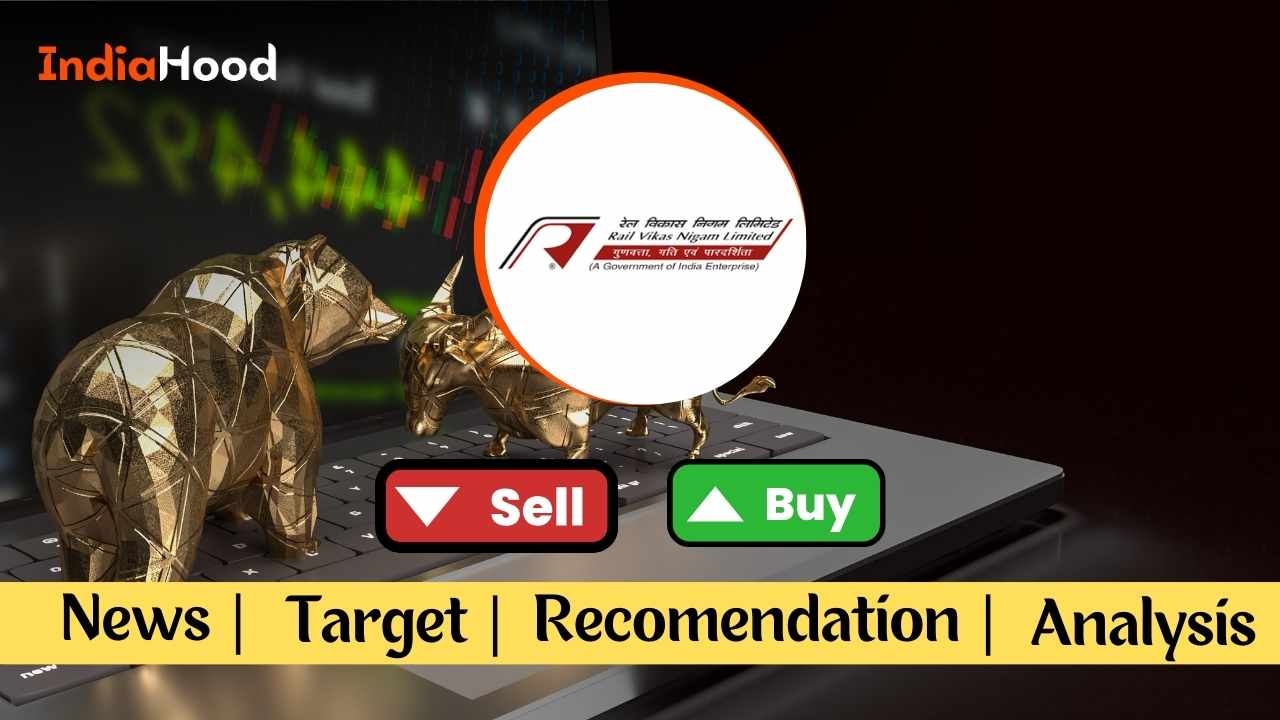In today’s volatile economic environment, debt-free companies stand out as resilient entities equipped to navigate challenges without the encumbrance of interest payments or loan obligations. This financial stability not only allows them to weather economic downturns but also positions them favorably for growth and innovation, ultimately creating long-term value for their shareholders.
This article delves into five remarkable debt-free companies that have excelled in their respective sectors. These businesses showcase not only strong financial discipline but also compelling fundamentals, from impressive cash flows to prudent management decisions. They exemplify the possibility of flourishing without relying on borrowed capital.
LTIMindtree Ltd
Our first focus is on LTIMindtree Ltd, which emerged from the strategic merger of Larsen & Toubro Infotech and Mindtree. As India’s sixth-largest IT service provider, LTIMindtree offers a myriad of services such as application development, outsourcing, enterprise solutions, and digital transformation.
Remarkably, it operates without any debt, allowing it to deliver substantial rewards to shareholders. Over the past five years, the company reported an average dividend payout ratio of 35% and a commendable dividend yield of 1.3%. This achievement is backed by robust sales growth, boasting a compound annual growth rate (CAGR) of 30%, fueled by successful deal wins and upselling strategies.
The company’s net profit has also experienced a CAGR of 25%, with high employee utilization rates and an expanding client base contributing to its financial success. With return on equity (RoE) and return on capital employed (RoCE) metrics of 25% and 31%, respectively, LTIMindtree is aiming to double its revenues from $4.3 billion in FY24 to $10 billion in the next six years. The current quarter has shown promising signs of demand recovery, positioning LTIMindtree for sustained growth.
ABB India
Next, we highlight ABB India, an industry leader in power equipment manufacturing that offers a broad suite of engineering products, solutions, and services in automation and power technology.
As a subsidiary of the global electrification and automation giant ABB Ltd, ABB India capitalizes on shared resources, including centralized research and development facilities, for which it pays a royalty. Despite the capital-intensive nature of its industry, ABB India has maintained its debt-free status while achieving a CAGR of 20% in profit over the last five years.
This financial resilience is reflected in the company’s strong return ratios, with an RoE of 22.9% and RoCE of 30.7%. ABB India’s commitment to sustainable automation—including energy-efficient motors and smart grids—aligns perfectly with India’s escalating demand for cleaner technologies. Over the past seven years, ABB India has participated in over 300 renewable energy projects, showcasing its pivotal role in optimizing the performance of solar, wind, and battery energy storage systems.
In its recent earnings call, ABB India cited data centers as a significant growth avenue, having secured several large contracts that position it well for future expansion.
Pidilite Industries
Pidilite Industries ranks as a leading manufacturer in India, celebrated for its diverse range of adhesives, sealants, construction chemicals, and DIY solutions. The company’s flagship product, Fevicol, is synonymous with adhesives in India and boasts a strong reputation as one of the most trusted brands nationwide.
Pidilite’s robust portfolio also includes well-known brands like M-Seal, Fevikwik, and Dr. Fixit, translating into consistent demand and allowing the company to achieve a revenue CAGR of 12% over the past five years, alongside a 14% growth in net profit. The company enjoys impressive return metrics, with an RoE of 22.8% and an RoCE of 29.7%.
With a proud history of regular dividend payouts, Pidilite has declared 24 dividends since July 2001, made possible by its debt-free setup. The company aims for double-digit volume growth while maintaining margins between 20-24%. A crucial part of this strategy includes expanding its sales network to target smaller retail outlets in rural areas, tapping into a burgeoning market.
Additionally, Pidilite is diversifying its business by venturing into the lending sector through the acquisition of Pargro, a non-banking financial company (NBFC) owned by the promoter group, enabling it to provide small retail loans and enhance business growth within its ecosystem.
Eicher Motors
Fourth on our list is Eicher Motors, a key player in the Indian automobile industry and the global leader in middleweight motorcycles, renowned for its iconic Royal Enfield brand.
Eicher owns the Royal Enfield brand, which offers mid-sized motorcycles (250-750 cc) such as the Classic, Bullet, and Himalayan, sold in over 60 countries. The company also operates a joint venture with Sweden’s AB Volvo, forming Volvo Eicher Commercial Vehicles Limited (VECV), which focuses on truck and bus operations and technical consulting.
Despite fierce competition in India’s two-wheeler market, Eicher Motors has seen its revenue grow at a CAGR of 11%, with net profits increasing at a CAGR of 14%. In FY24, it achieved an impressive 14.4% growth in revenue year-over-year, recording its highest earnings from segments outside motorcycles, thanks to a successful diversification strategy.
Email financial indicators such as RoE at 24.2% and RoCE at 31.1% highlight Eicher’s strong fiscal position, complemented by consistent dividends—24 declared since June 2001. Looking ahead, the company is optimistic about achieving double-digit growth in the medium term driven by new product launches and robust marketing strategies, particularly aimed at capitalizing on festive season demand.
Cipla Ltd
Last but not least, we turn our attention to Cipla Ltd, founded in 1935. Cipla is widely recognized for its expertise in generic formulations and has a significant presence in the active pharmaceutical ingredient (API) market, particularly focusing on respiratory and cardiovascular treatments.
Despite a broader industry slowdown, Cipla’s revenue has grown at a CAGR of 10%, while net profit has surged with a CAGR of 25%, benefiting from high operating leverage. The company maintains a solid financial structure, remaining entirely debt-free with an RoE of 16.8% and RoCE of 22.8%. This stability has facilitated substantial cash reserves and strong cash flows from operations.
Cipla is planning to increase its annual capital expenditure (capex) from approximately ₹10-12 billion to ₹15-18 billion, focusing on respiratory treatments and inhalation API development to meet the growing demand in this sector.
Furthermore, Cipla’s multi-faceted growth strategy includes new product development and a strategic partnership with Sanofi India to distribute its Central Nervous System (CNS) product range, thereby enhancing its portfolio. The company remains open to acquisitions, leveraging past successes in this area.
Conclusion
Investing in debt-free companies with strong fundamentals offers a reliable path to stability in an unpredictable market. The five companies showcased here have exemplified their capacity to thrive without resorting to borrowed funds, illustrating exemplary financial management and resilient business models.
However, it is vital to acknowledge that even debt-free businesses may face various risks. Market fluctuations, industry challenges, and global economic factors can influence performance. Being debt-free does not inherently guarantee future success. Continuous innovation and adaptability are essential for staying competitive, as mismanagement or changes in demand could jeopardize growth prospects.
For investors seeking a solid foundation for a diversified portfolio, these debt-free companies represent strong candidates. Yet, thorough research and a cautious approach remain imperative. While keeping a close eye on these financial giants, one must remain vigilant regarding the external forces that may impact even the most resilient firms.
Disclaimer: This article is intended for informational purposes only and should not be considered a stock recommendation.
This article is syndicated from Equitymaster.com












